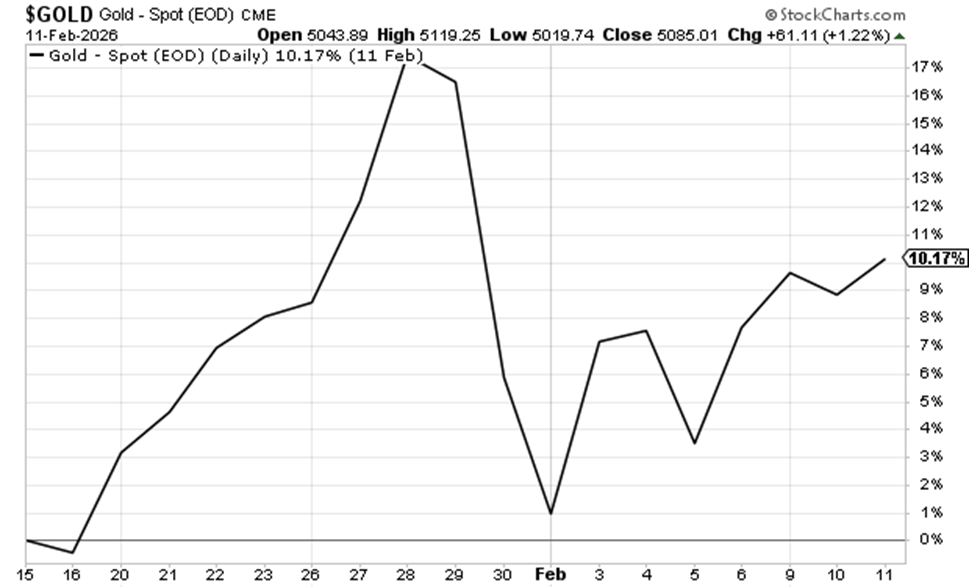Merck’s Financial Performance Struggles Amid Market Challenges
With a market cap of $209.8 billion, Merck & Co., Inc. (MRK) is a significant player in the global pharmaceutical sector, based in Rahway, New Jersey. Having a rich history of over 130 years, Merck focuses on innovative medicines, vaccines, and animal health products. Notable products include Keytruda, a leading immunotherapy for various cancers, and Gardasil, a vaccine for HPV.
Over the last year, Merck’s shares have underperformed compared to the broader market. The S&P 500 Index ($SPX) increased by 10.2%, while MRK saw a decline of 35% during the same timeframe. This downward trend has persisted into 2025, with MRK down 16.7% year-to-date, contrasting with a 3.9% dip in the S&P 500.
The company’s struggles are further highlighted against the iShares U.S. Pharmaceuticals ETF (IHE), which has gained 3.3% over the past year and has seen a modest increase of 1.1% so far in 2025.
On April 24, Merck’s shares rose by 1.4% following the release of its Q1 2025 results. The company reported a revenue decline of 2% year-over-year, totaling $15.5 billion, primarily due to currency fluctuations. However, core sales saw a slight increase of 1%. Merck exceeded earnings expectations with a non-GAAP EPS of $2.22. The newly launched Winrevair performed well, generating $280 million in sales. Although animal health revenue increased by 5%, the company reduced its full-year EPS guidance due to $200 million in additional tariff-related costs.
For the fiscal year ending December 2025, analysts project MRK’s EPS to rise 16.7% to $8.93 on a diluted basis. Merck has consistently outperformed earnings estimates in the last four quarters.
Among the 24 analysts tracking MRK, the consensus rating has shifted to a “Moderate Buy,” down from “Strong Buy” three months ago. Currently, this consensus reflects 15 “Strong Buys” and nine “Hold” ratings.
This rating reflects diminished optimism compared to three months prior when 18 analysts had issued “Strong Buy” opinions.
On April 22, Cantor Fitzgerald initiated coverage of Merck with a “Neutral” rating, setting an $85 price target. Analysts cited the stock’s steep decline over the past year, which contrasts sharply with a 14% drop in the biotech sector. Concerns about long-term growth—especially after Keytruda’s exclusivity ends in 2028—have raised flags. While Merck is developing new drugs, including a subcutaneous formulation of Keytruda and treatments for HIV and RSV, analysts still anticipate a revenue downturn post-2028.
The average price target is $106.41, indicating a potential upside of 28.5% from current levels. The highest target of $138 reflects a more aggressive growth outlook, suggesting an upside potential of 66.6%.
On the date of publication, Kritika Sarmah did not hold (either directly or indirectly) positions in any of the securities mentioned in this article. All information and data in this article are intended solely for informational purposes. For more details, please view the Barchart Disclosure Policy here.
The views expressed herein are those of the author and do not necessarily reflect those of Nasdaq, Inc.






